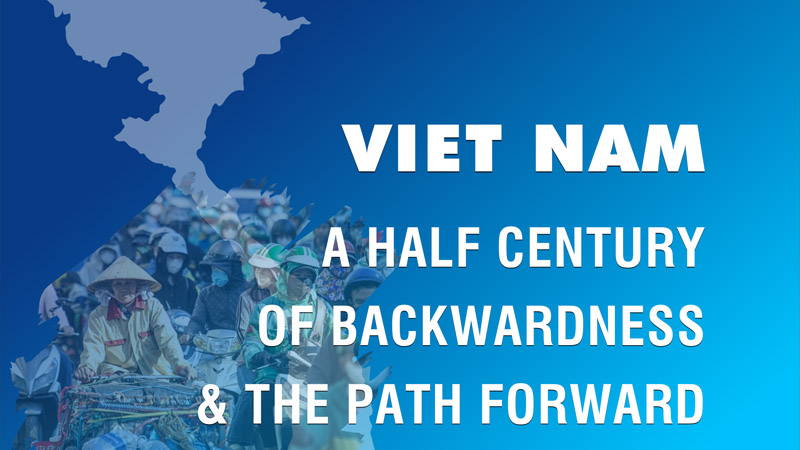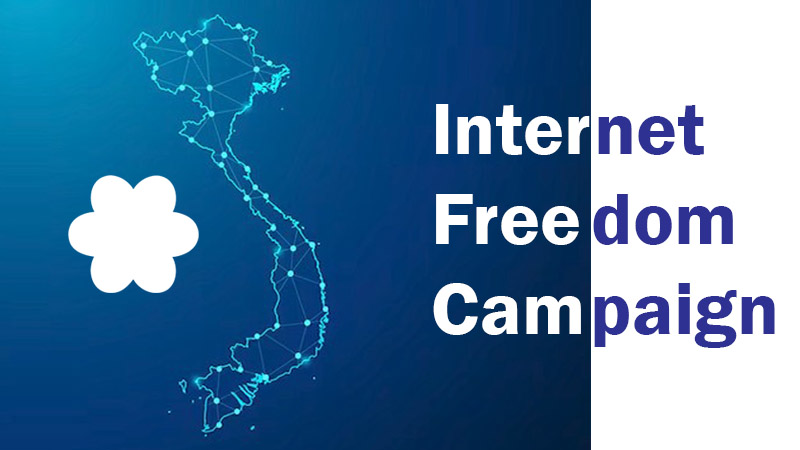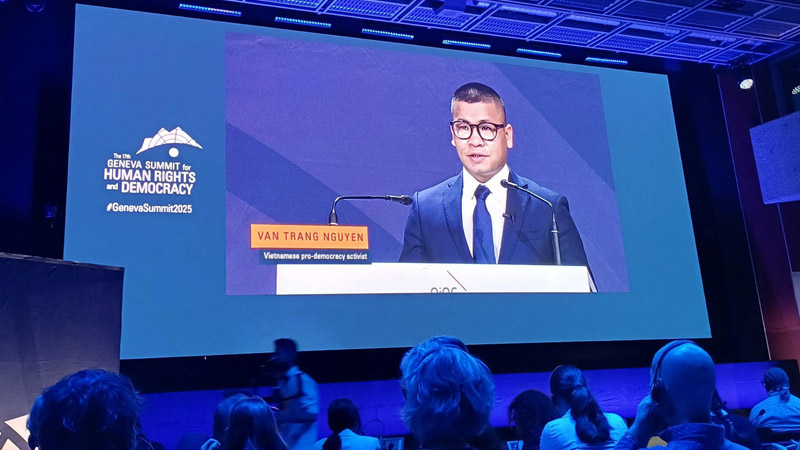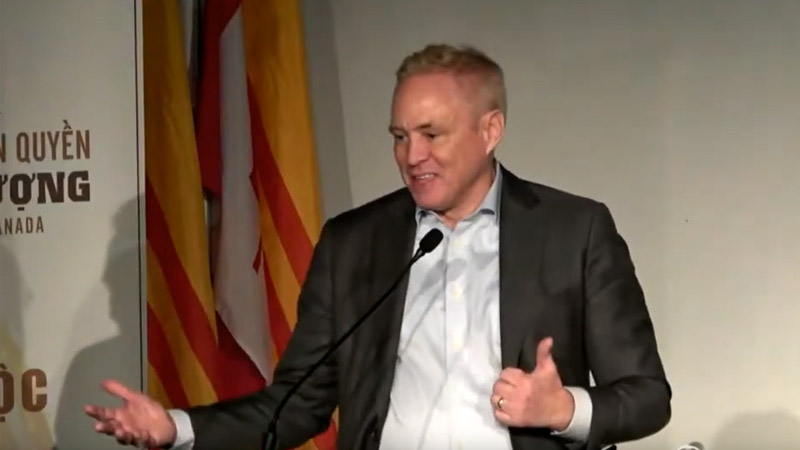January 14, 2011
HANOI — Vietnam will tighten state control of bloggers and other media with new regulations that enhance its already extensive powers to limit press freedoms, according to a watchdog. A decree signed by Prime Minister Nguyen Tan Dung last week set out fines of up to 40 million dong (2,000 dollars) for offences including publishing information which is “non-authorised” or not in “the interests of the people”.
The new rules, which come into effect next month, build on previous moves “to bring online media under the same censorship regime imposed on the traditional media”, the Committee to Protect Journalists (CPJ) said.
“Ultimately, this new decree aims to increase government control over Vietnam’s already over-regulated and highly suppressed media,” said CPJ senior Southeast Asia representative Shawn Crispin.
“The language of the decree is overly broad and represents the government’s latest use of rule-by-law justifications to limit press freedom, including over the Internet,” he said in a statement. The decree calls for a fine of up to three million dong for publishing documents or letters without revealing their source. If the documents are linked to an official inquiry the fine can rise to 20 million dong.
New York-based CPJ said some of the new restrictions “aim specifically at the country?s burgeoning blogosphere, where many bloggers publish under pseudonyms to avoid possible government reprisals”.
Also, while the decree penalises offences including death threats against journalists, CPJ said such protections do not apply to unaccredited reporters.
All newspapers, magazines and broadcasting media in Vietnam are linked to the state but some outlets criticised the decree when it was first mooted in late 2009, raising concerns over limits on reporting of certain subjects.
Thanh Nien newspaper, in an article on the draft decree, quoted Ho Chi Minh City lawyer Trinh Thanh as saying journalists would have to protect their sources when writing sensitive stories, such as those about corruption.
In 2008 a Thanh Nien reporter was sentenced to two years’ jail for “abusing democratic freedoms” after helping to uncover a major corruption scandal. A reporter from the Tuoi Tre daily received a non-custodial term, and the journalists’ police sources were also convicted.
Rights groups say Vietnam clamped down on dissent ahead of the five-yearly Communist Party Congress which began Wednesday to choose the country’s top leaders.
The Internet and free expression were increasingly stifled in Vietnam last year, when Facebook was blocked, critical websites were hacked, and regulations became more restrictive, US ambassador Michael Michalak said last month.





